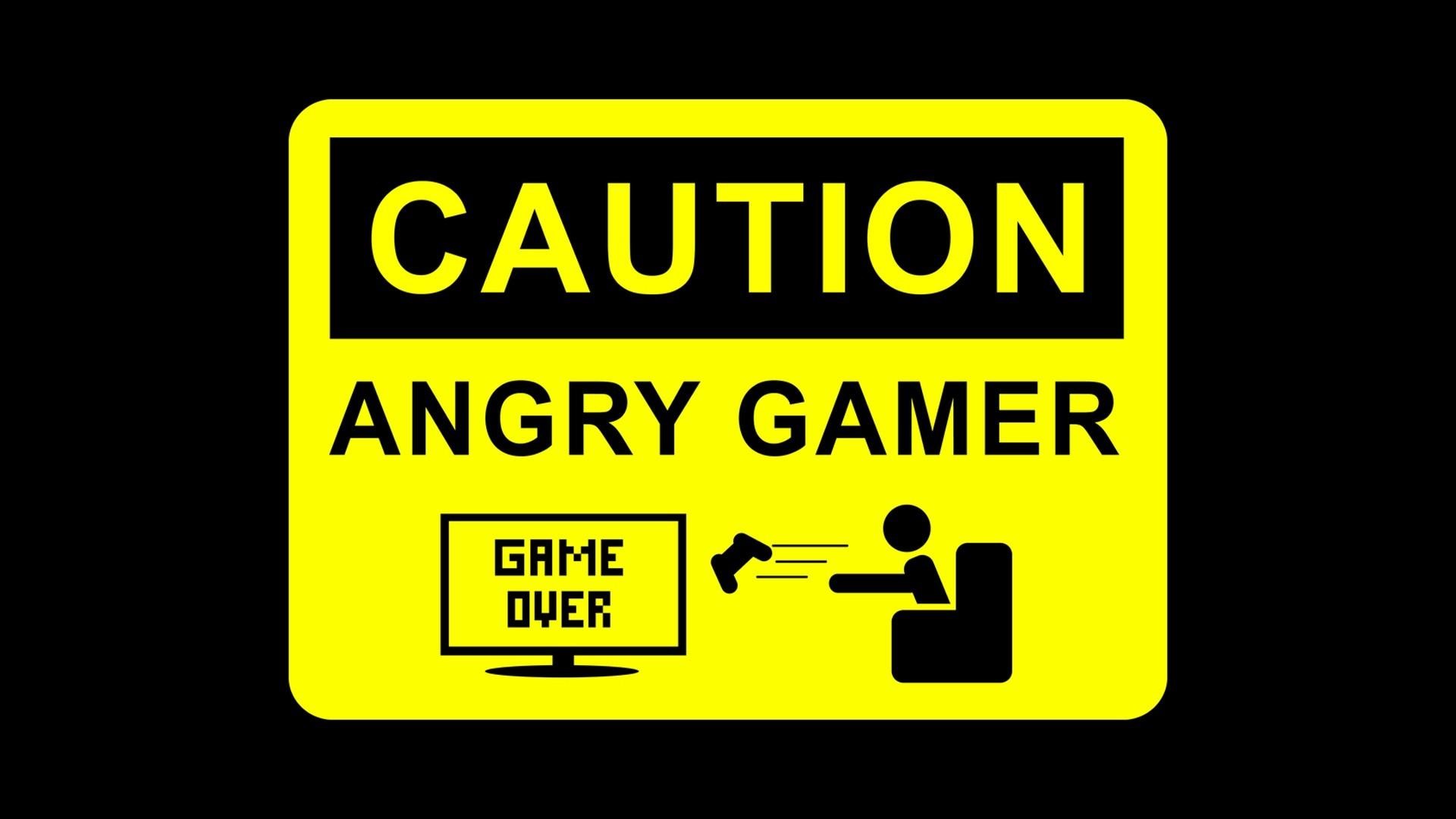Violence - a word that gets associated with most of the video games today. Parents are getting more and more concerned about the games that their children are playing. The aggressive behaviour in teenagers is being linked to the cause of such violent games. However you might be surprised as to how untrue some of these claims are.
The debate on violent video games has existed for a very long time and has led to the formation of certain restrictions and guidelines on the gaming industry as a whole.
In an article by the National Center for Health Research say that “Aggressive behaviour is measured by scientists in a number of ways. Some studies looked at self-reports of hitting or pushing, and some looked at peer or teacher ratings on aggressive behaviours. Other studies looked at how likely an individual was to subject others to an unpleasant exposure to hot sauce or a loud noise after playing violent video games.
Unfortunately, few studies have been completed on violent video game exposure and aggression in children under age 10. There is also little information about the impact of violent video game exposure on minority children. There have not been many studies on the effects of different characteristics of video games, such as perspective or plot. However, some studies have found that competition among players in video games is a better predictor of aggressive behaviour than is the level of violence.”
The article draws a clear distinction between aggression and violence, yes games do cause an increase in aggression but rarely are they the cause of violence. Games have proven time and time again that they can actually help reduce the stress of adults and teenagers. Video games not only provide fun and joy to gamers but allow them to blow off steam which reduces the acts of aggression and violence on others. Acts of violence have multiple causes and not just one. It is easy to shift blame on violent video games even though scientific research has proved again and again that gaming is not at fault.
An article from Psychology Today also supports the fact that violent games have little to no correlation with violent actions. The article says “Large analyses of violent crime and video violent game use find no evidence that increased sales of violent video games leads to a spike in violent crimes. Researchers make the case that if violent games directly led to violent behaviour, the data would show increases in violent crime on a large-scale as more people played violent games. In fact, there is some evidence that as more youth play video games, rates of youth violence have decreased.”
It is interesting to see how video gaming in general has been labelled over the years with the APA (American Psychiatric Association) saying that “violent video games lead to an increase in aggression (2015).” Another example is of excessive gaming being classified as “gaming disorder” by WHO (World Health Organization), though it affects only a small number of people. These matters are all debatable topics with arguments supporting for and against such claims. Therefore violence in video games is still an area that requires research, but as of now the research supports that violence in video games does not lead to adults and teenagers being violent.

Every human reacts to playing games differently, some experience happiness while others can experience immense frustration. The experience can be comparable to watching a sport where one minute you’re supporting your team and the next minute you’re hurling abuse at the TV. This is the beauty of games where they are able to elicit multiple emotions from players. It only becomes a concern when gamers take their frustration too far and need help to control them
